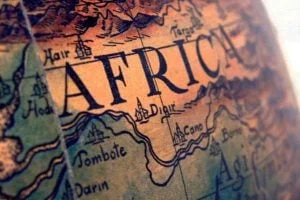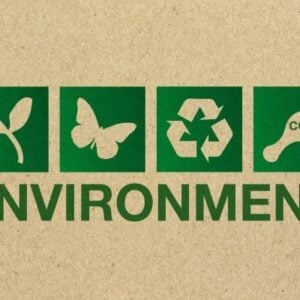Civil society leaders and financial institutions clashed over climate finance priorities during a side event at Africa Climate Week, raising sharp questions about who truly benefits from the billions pledged for Africa’s climate response.
Memory Kachambwa, Executive Director of the African feminist network FEMNET, warned that women and youth — despite being on the frontlines of the climate crisis — remain systematically sidelined.
“Globally, less than 1% of Official Development Assistance goes to gender equality. For climate finance, it’s less than 3%,” she told delegates. In Africa, she noted, of an estimated $2.4 billion in climate funding to civil society, under 2% reached feminist or women’s rights movements.
She pointed to Nigeria, where just 16% of climate projects between 2015 and 2021 included gender considerations, and only 1% placed gender at the center. “When gender is not prioritized, women are excluded from the resources they need to adapt and thrive,” she said.
FEMNET’s new paper on a feminist just transition calls for debt cancellation, progressive taxation, gender-responsive budgeting, and simplified access to finance. Kachambwa argued that small, flexible grants have already demonstrated outsized impact and that scaling up direct funding to women’s groups could be transformative.
Financial institutions at the forum defended their efforts. Chihenya Kangara, Regional Manager for Africa at the Green Climate Fund (GCF), said the fund is committed to a “country-led, country-managed, and country-owned” model. He noted GCF’s readiness program is helping governments and private actors develop bankable climate projects. “Civil society must also work closely with private actors and governments to meet national climate ambitions,” Kangara added.
The African Development Bank (AfDB) outlined its expanding support through the Climate Action Window, which has already allocated $321 million to 41 projects in 37 low-income African countries. According to AfDB’s James Kenyan, 75% of the funds target adaptation, with the remainder going to mitigation and technical assistance. A second call recently approved $64 million for mitigation projects, with more in the pipeline.
Still, activists pressed for stronger accountability. “We must ask: where are the women in all these adaptation funds?” Kachambwa insisted, underscoring civil society’s demand for structural change rather than tokenistic inclusion.






